VUKA, brand trust, experiences – a new ecosystem that brands can’t ignore
With an expanding choice of offerings to buy, Indian consumers increasingly care more about the quality of service than whether a brand originates in India, as long as it demonstrates that it understands what it means to be Indian.
As David Roth, CEO of The Store WPP EMEA and Asia and Chairman of BrandZ, pointed out recently, “As India flexes its muscles on the world stage, it faces increased macroeconomic headwinds which have combined with a rise in global trade tensions to create a challenging environment. Successful Indian brands are adapting to these challenges and recognising that longevity requires them to do more than just disrupt the status quo; long-term brand building requires new strategies that major on stability.”
Consumer trust is a common thread among successful brands. However, it is concerning that only a few have succeeded in growing trust over the last five years. “Those who done so, have done it through open and honest conversations with their customers. Brands would do well to consciously work at building consumer trust – it is the shield that gives a brand the resilience to face headwinds in uncertain times,” noted Preeti Reddy, CEO South Asia, Insights Division, Kantar.
The rise of ‘middle India’, combined with rapid growth of the mobile internet, is providing unprecedented opportunities for brands. At the same time, consumers are becoming increasingly discerning in their choices. Vishikh Talwar, Chief Client Officer, Kantar Insights Division, observed, “The Indian psyche requires that brands cater for local needs with offerings that genuinely improve daily life. Today, it’s as much about providing comfort and reliability as it is about generating new experiences.”
Talwar further noted that brands that have been true to the marketing fundamentals and consistently work in that direction have done exceedingly well and continue to do well.
Speaking about her key takeaway from the recently published BrandZ Top 75 Most Valuable Indian Brands 2019 ranking, Reddy said that growth has actually slowed down, which is reflecting in the overall growth numbers. “But what is heartening to know is that despite the slow growth, brands are still seeing double digit growth. It is actually a reaffirmation of the fact that long term brand building makes economic and financial sense as well,” she affirmed.
In general, India’s top brands are taking a long-term approach to value creation. Over the past five years, a stock portfolio containing the BrandZ India Top 75 Most Valuable Indian Brands would have increased 33.8 per cent in value. This compares to a rise of just 12.4 per cent for India’s Sensex, an index of 30 stocks on the Bombay Stock Exchange, demonstrating that valuable brands generate superior shareholder value.
Speaking about the impressive growth stories of brands like Swiggy, Ola, and Zomato, Talwar felt that it could be attributed to these brands defining their purpose very clearly – ‘What is the role they are playing in the consumer’s life?’ “Once they have defined that well, their entire eco system – and not just the marketing team – becomes committed to serving to that purpose. That’s what makes these brands a cut above the rest and one of the reasons why they get the valuations,” he added.
Agreeing with him, Reddy added, “It’s not restricted to a narrow definition of ‘I’m somebody who gives people food at home’. It’s a much broader definition of ‘never have a bad meal at home’ or convenience in my consumer’s life. Then your whole framework and your whole paradigm is different from ‘I’m just a home delivery person’.”
Both affirmed that it is about viewing consumers as humans rather than mere consumers. By considering people as just consumers, the relationship is transactional. Hence, the emphasis should be on moving away from transaction and delivering on experience.
Reddy also pointed out that this is no longer a metro phenomenon, but has moved to Tier 2, 3 and 4 markets.
In a world that is beset by VUKA (Volatility, Uncertainty, Complexity, Ambiguity) today, identify real growth opportunities is a huge challenge for businesses. As Talwar pointed out, “The VUKA world is the constant now. In a world which is changing so rapidly there are 5 different pegs for businesses to ensure growth. The first is to develop a vision for the future and then create a strategy and focus on that future. Purpose and continuing to drive innovation are the next two pegs. Another important peg is to build and strengthen trust in the consumers. And finally, carve out a path and build an ecosystem to fulfill the business objectives.”
With trust is becoming a very important factor for brands, especially where GenZ and the millennials are concerned, it is something that can make or break brands. The millennials do not blindly follow any more as there are a lot more avenues to compare. What the company says has much less relevance for them than the conversations amongst their peer group. Their whole ecosystem is feeding into each other and brands can no longer afford to stay isolated from this ecosystem.



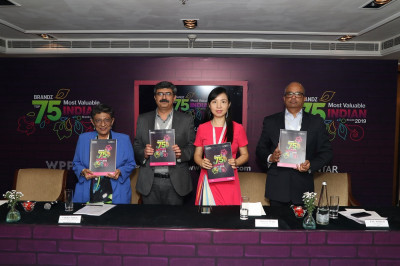


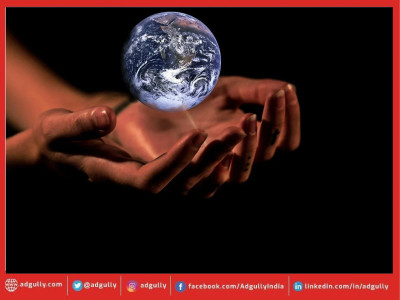


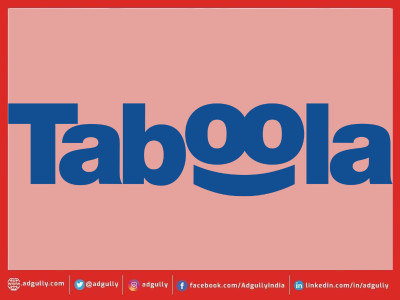


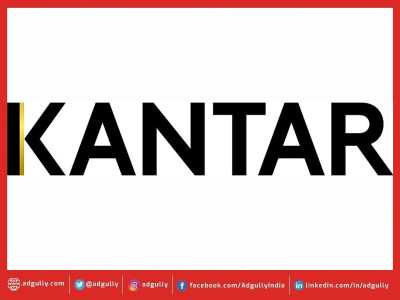

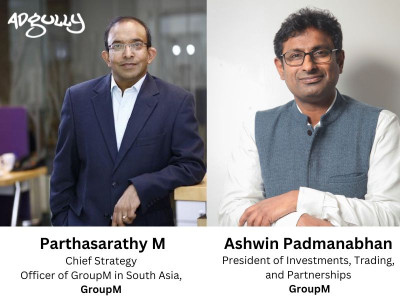




Share
Facebook
YouTube
Tweet
Twitter
LinkedIn